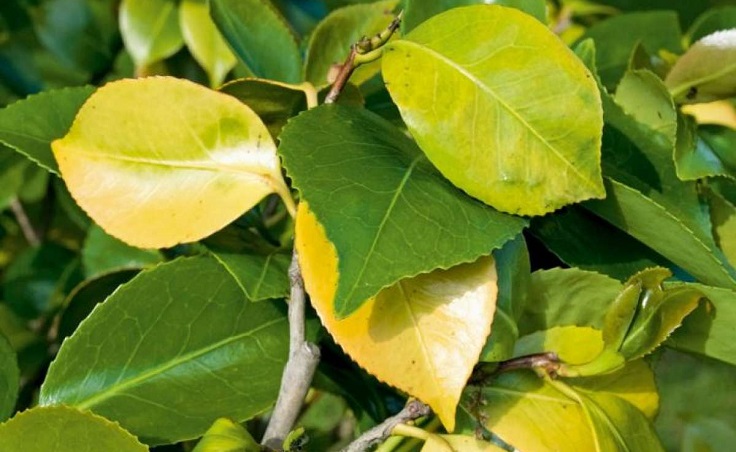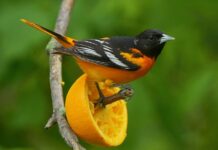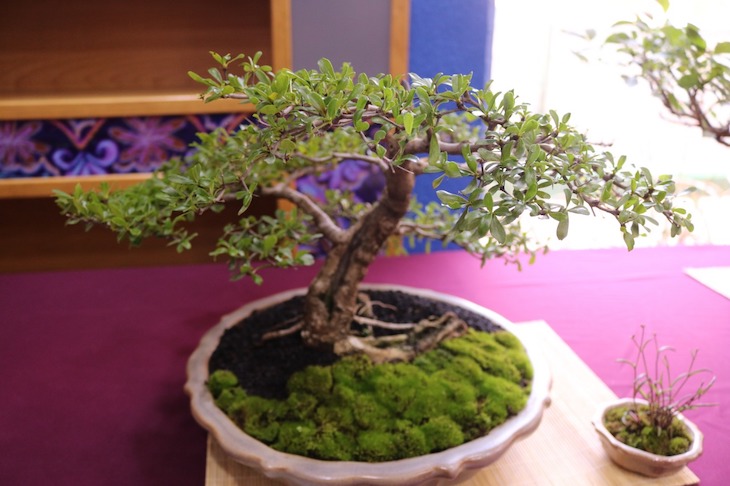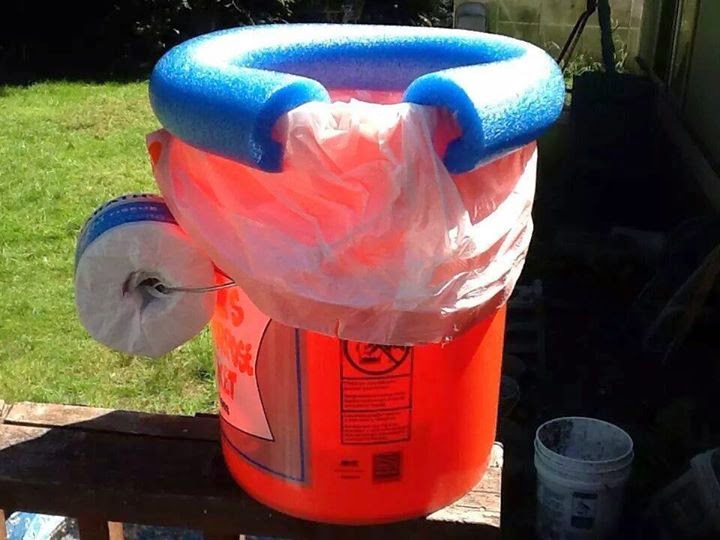You may notice that some of the plants in your garden look sickly and are not performing as they should. This could be the first sign of nitrogen deficiency, something that all seasoned gardeners should be aware of.

All plants need nitrogen for healthy growth and to reproduce. Plants also use nitrogen for photosynthesis. Once you become familiar with the nitrogen needs of our plants, it will be easier to supplement as needed for healthy growth. Native plants don’t often struggle with nitrogen deficiency like garden plants do.
Signs of nitrogen deficiency in plants.
Nitrogen deficiency is fairly easy to diagnose. Symptoms of a deficiency include growth failure and pale green or yellow leaves, due to the plant’s inability to produce chlorophyll. This is caused by chlorosis and usually begins at the base of the plants and builds up to make the plants week and thin.
Burnt nitrogen stains.
Just as it is important to know what nitrogen deficiency looks like in plants, it is equally important to detect nitrogen burning. The result of too much nitrogen. When plants absorb too much nitrogen, they wilt or have a burnt or crisp appearance.
13 ways to fix nitrogen deficiency.
Nitrogen in the soil must be constantly replenished for your garden to perform at its best. Here are some ways you can organically ensure that your plants are getting enough of this vital nutrient.
1. Add some grass clippings.
Don’t throw away those grass clippings, use them to help increase nitrogen and potassium in your garden. Grass clippings are not only free, but when placed around the base of plants in thin layers, they help speed composting.
2. Add coffee.
Compost coffee grounds by mixing equal parts of coffee, leaves, and grass clippings. Flip the mixture weekly until you have a very fine texture. Fill the soil around the plants with this mixture and water well. If you use un-composted coffee beans, be sure to get them deep into the soil, as they will rob the plants of moisture.
3. Leaf mulch.
It is possible to improve the nutrient levels in your garden soil and increase the available nitrogen by covering the garden bed with a layer of leaf mulch. After the growing season is over, place 3 inches of fallen leaves in your garden bed and water very well.
4. Leguminous plants.
Planting peas and beans will add much-needed nitrogen to deficient plants. Legumes take nitrogen from the air and turn it into a compound that plants need. Beans and peas work well as side plants with asparagus and corn.
5. Weeds.
While it may seem counterproductive to add weeds to your garden, they can actually be beneficial, as long as you throw them in the compost first. Weeds, including nettles and burdock, help speed compost breakdown and are a great source of nitrogen for finished compost that can be added to your garden.
The most useful weeds are those that have not yet flowered. Take them out of the yard and garden, let them dry in the sun for a day or two, and put them in the compost.
6. Human urine.
Although it sounds a bit unpleasant, human urine from a healthy, virus-free body is excellent for plants. Urine contains nitrogen, potassium, and phosphorus even in higher amounts than store-bought fertilizers. Use one cup of urine and eight cups of water to fertilize the plants and help replenish nitrogen.
Animal manure to solve nitrogen deficiency in plants
Animal manure is a great addition to your garden and can help repair nitrogen when properly processed and used. Animal manure must be composted before use or it can burn plants, thus eliminating all its benefits. Here are some tips to keep in mind when using manure in your garden.
7. Cow manure
This compost is the least rich in nitrogen of the livestock manures. However, it is useful as a versatile garden compost and will help add balance to any garden soil.
8. Horse manure
Horse manure is considered “hot” or very rich in nitrogen. This manure is even physically hot to the touch. If you have a vegetable garden, use well-composted horse manure on nitrogen-starved plants like corn, potatoes, garlic, and lettuce. Don’t use horse manure on peppers, tomatoes, and flowers. The best way to use horse manure to improve the nitrogen available to plants is to mix it with your compost and work it into the soil.
9. Sheep manure
Sheep manure is even “hotter” than horse manure with more nitrogen, but the same is true for potassium, which makes it more balanced than horse manure. Use composted sheep manure sparingly in the garden, working it well.
10. Bird manure
A little warmer than horse manure, a little poultry manure goes a long way. You can mix a little with your compost and this will result in an overall very rich and beneficial garden fertilizer. Nitrogen-starved crops like sweet corn love bird manure.
Nitrogen-rich fertilizers
Give garden plants the extra boost they need to perform all season with a nitrogen-rich fertilizer. Here are some options.
11. Blood meal
Blood meal is dried animal blood, usually cow blood. The blood is collected and dried into a powder after the animal dies. Adding blood meal to your garden will raise nitrogen levels and help plants stay healthy and strong. As a bonus, blood meal is also an animal deterrent and can help keep critters like dogs, raccoons, and possums out of your yard. Use the blood food properly to avoid burning the plants.
12. Fish emulsion
Fish emulsion is a liquid fertilizer made from fish. This fast-acting fertilizer can help nitrogen-deficient plants pick up quickly. Fish emulsion is great for container gardens. The liquid is generally concentrated and requires dilution before use. The usual ratio is ½ cup to a gallon of water. Make sure to check the nutrient ratio in the selected fish emulsion before using it.
If your emulsion has a 2-4-1 ratio, you may need to feed the plants twice a week. If the ratio is 4-4-2, use half the frequency. If you have fish, next time you empty your fish tank, water your pots, they will thank you.
13. Worm tea
Worm tea is an organic liquid fertilizer that is made from pieces of earthworm. When used on garden plants, it works quickly to provide plants with powerful nutrients, including nitrogen. Worm tea also helps seedlings grow, locks in soil moisture, provides beneficial microbes and beneficial bacteria to help create healthy soil.








